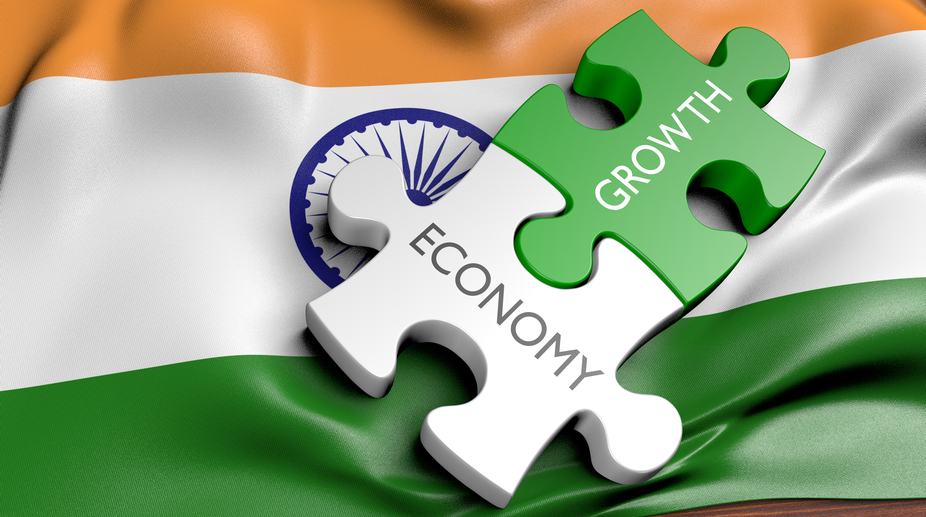A compelling case for pragmatism
When Chinese President Xi Jinping landed in Macau, the world’s gambling capital, the air was thick with anticipation. Macau,often dubbed the “Las Vegas of the East,” is much more than a beacon of wealth and opulence.

Representational Image (PHOTO: Getty Images)
Global credit rating agency Moody's Investors Service and its Indian affiliate ICRA Ltd on Monday said India will remain one of the fastest growing major economies globally in 2017 and the government will likely achieve its fiscal deficit target of 3.5 per cent of GDP for the current fiscal year ending March 31.
In a statement issued on Monday, Moody's said India will be one of the fastest growing major economies in the world in 2017 although gross domestic product (GDP) growth will moderate in the first half of the year as the economy adjusts after demonetisation.
Advertisement
ICRA expects the country's growth of gross value added at basic prices to remain healthy in 2017 although such growth will ease somewhat to about 6.6 per cent from around 7 per cent in 2016, with a likely pick-up in the second half of 2017.
Advertisement
"Even after the currency in circulation is replenished, we expect India's economic growth will stabilise with a lag while remaining strong," said Aditi Nayar, an ICRA Principal Economist.
"The adjustment and recovery period could stretch to as much as 2-3 quarters for certain sectors," Nayar added.
According to ICRA, the focus on digital transactions and the introduction of a goods and services tax (GST) will likely reduce the competitiveness of the unorganised sector.
As a result there will be a relatively healthier expansion of the organised sectors in 2017 at the cost of the unorganised sectors.
ICRA further pointed out that the low agricultural growth in H1 2016, as well as healthy reservoir levels on a seasonally adjusted basis, will support the pace of expansion of agricultural output in the first half of 2017.
But agricultural growth in subsequent quarters will be influenced by various factors, the most important being the magnitude and dispersion of monsoon rainfall.
ICRA also said the loss of incomes in some sectors and deferral of consumption were likely to weigh on capacity utilisation, delaying the capacity expansion plans of the private sector.
And the extent of capital spending budgeted by the central and state governments for the fiscal year ending March 31, 2018 will affect the extent to which infrastructure spending can stimulate growth in a non-inflationary manner.
"Nevertheless, economic and institutional reforms already introduced and potentially forthcoming, continue to offer a reasonable expectation that India's growth will outperform that of its similarly rated peers over the medium term, and that the country will achieve further improvements in its macroeconomic and institutional profile," said William Foster, a Moody's Vice President and Senior Credit Officer.
Moody's and ICRA point out that after a temporary dampening effect on consumption and investment in the medium term, demonetisation will strengthen India's institutional framework – by reducing tax avoidance and corruption – and should support efficiency gains through a greater formalisation of economic and financial activity.
On the issue of average consumer price index (CPI) inflation, ICRA said the rate will soften to 4.5 per cent in 2017 from 4.9 per cent in 2016.
Key factors that will dominate CPI inflation in 2017 include monsoon dynamics, the impact of the GST on prices of various goods and services, commodity price movements, and the INR-USD exchange rate.
Advertisement